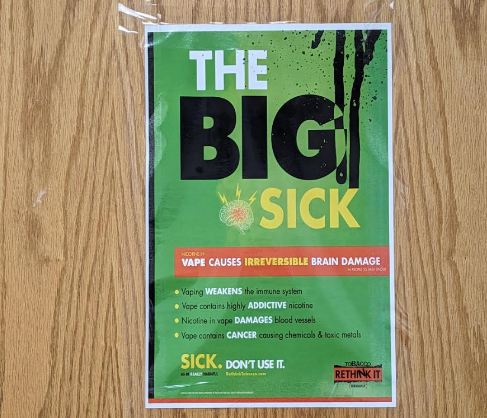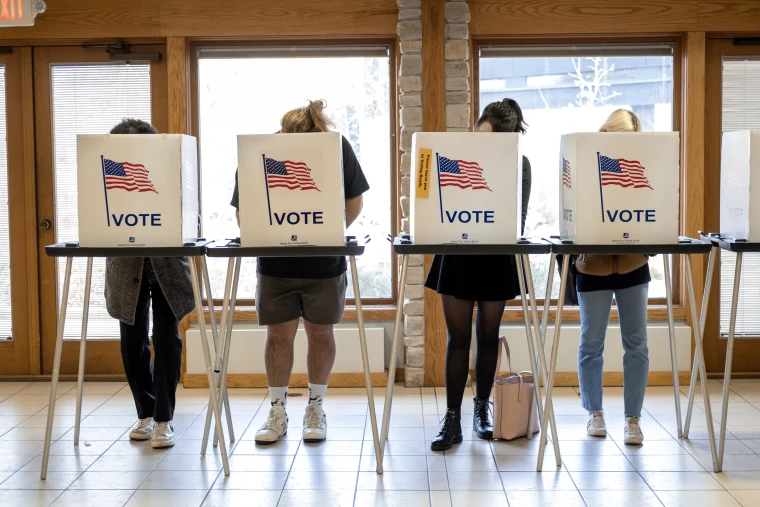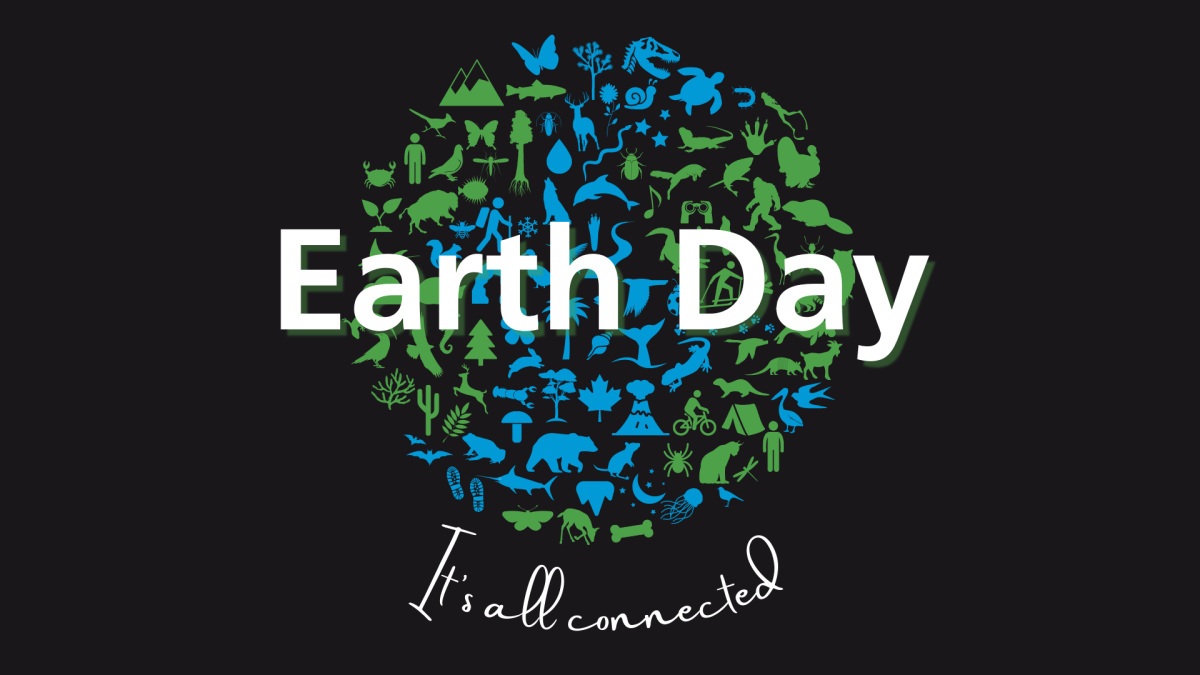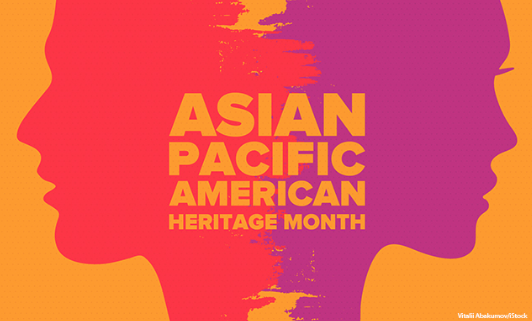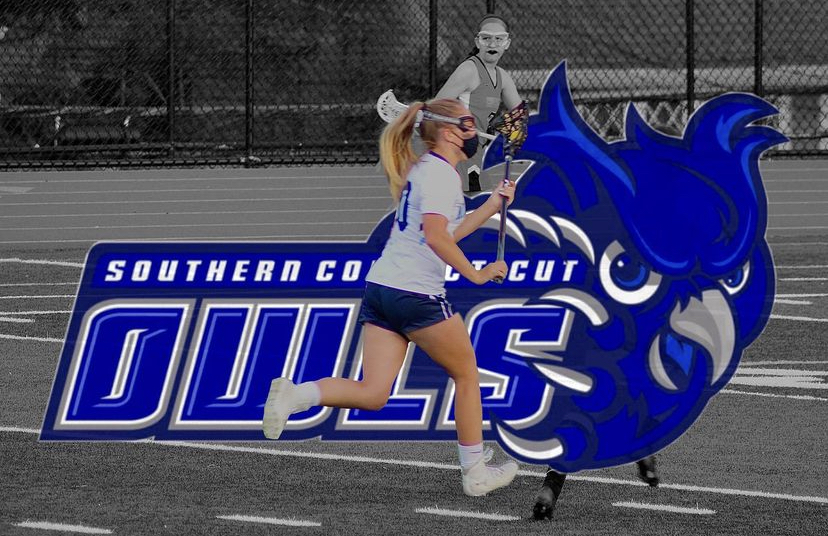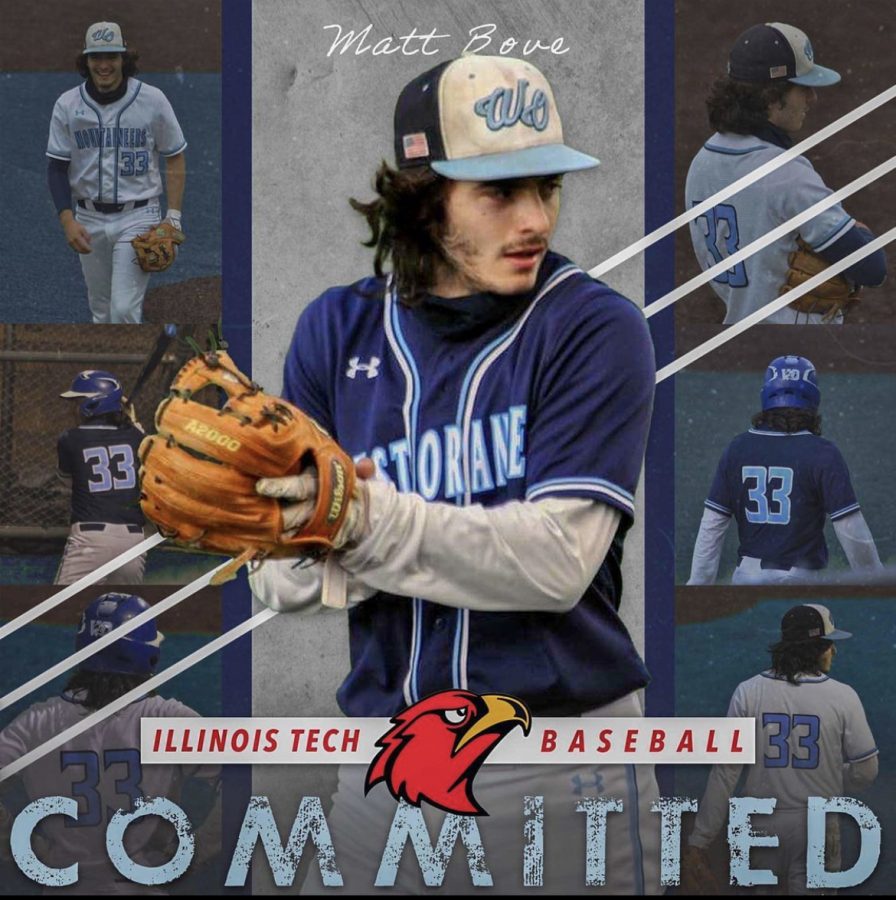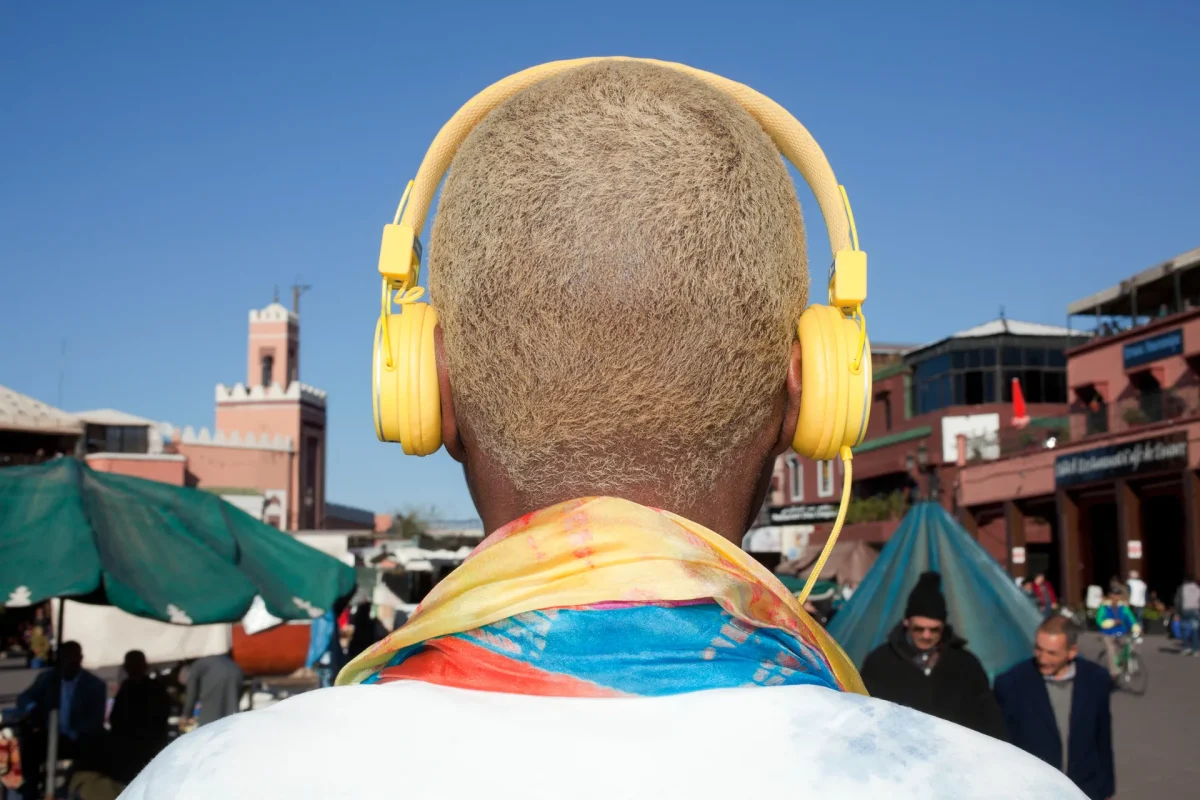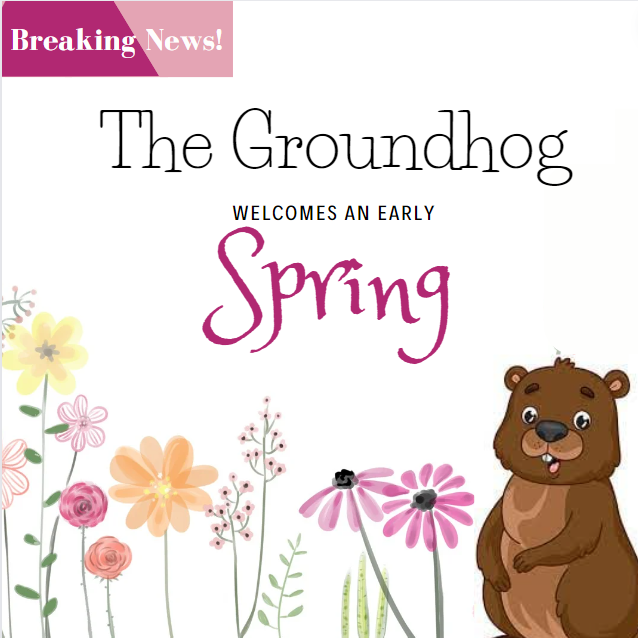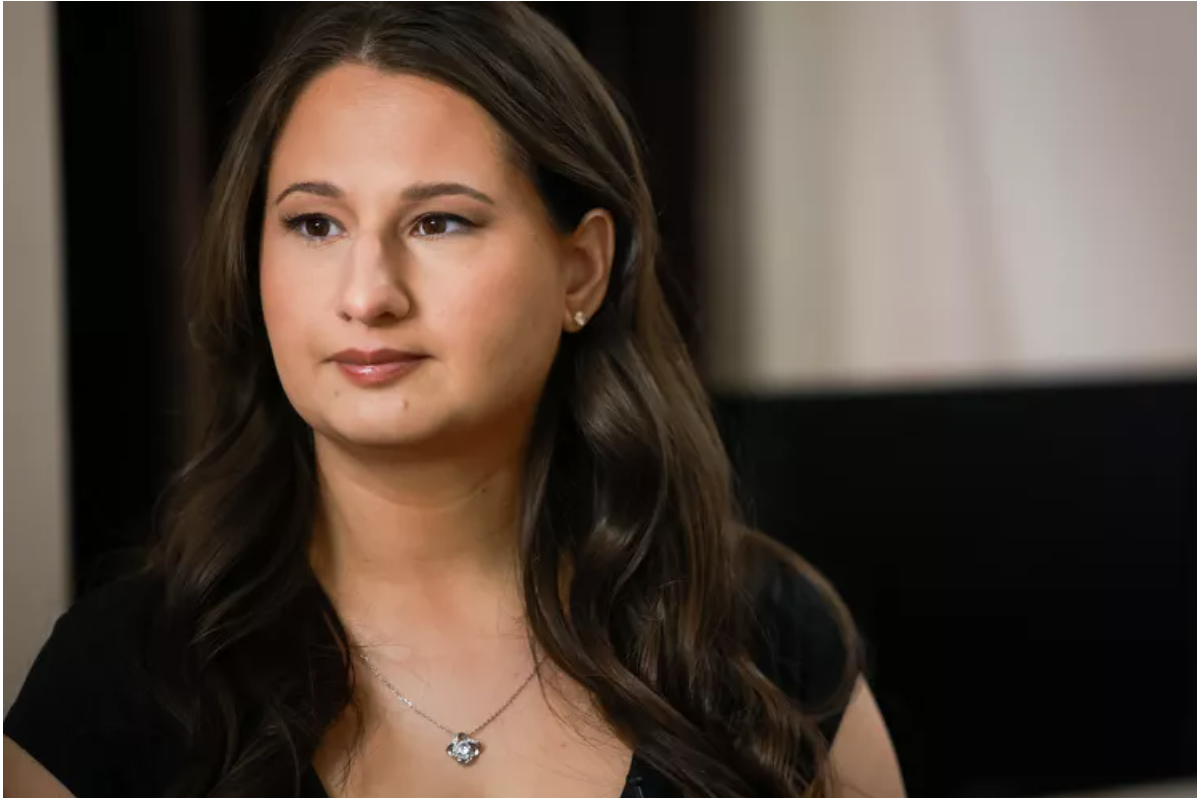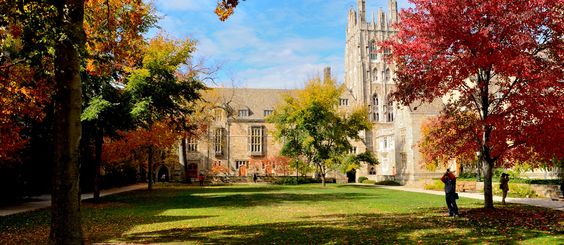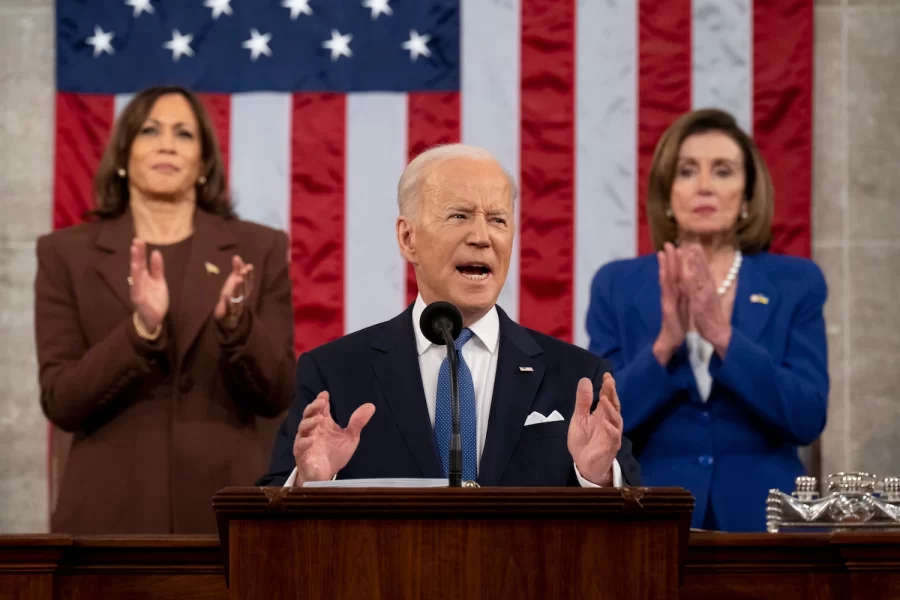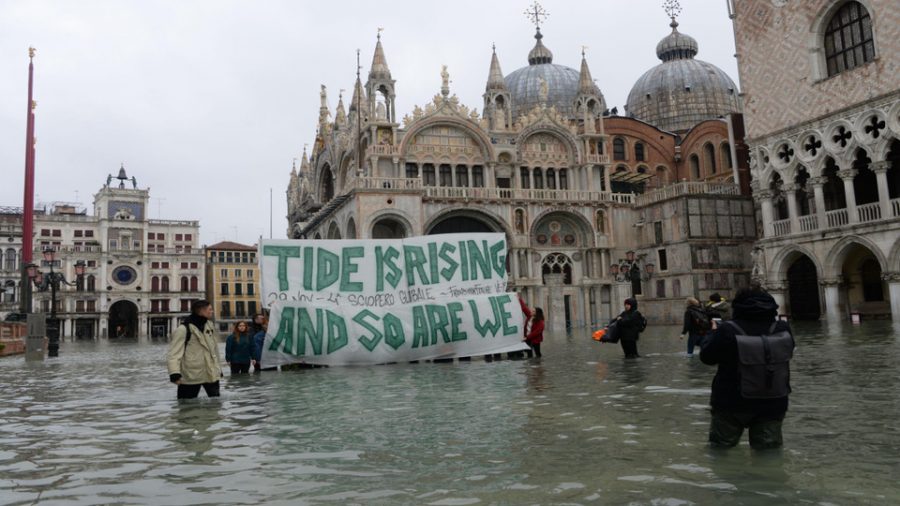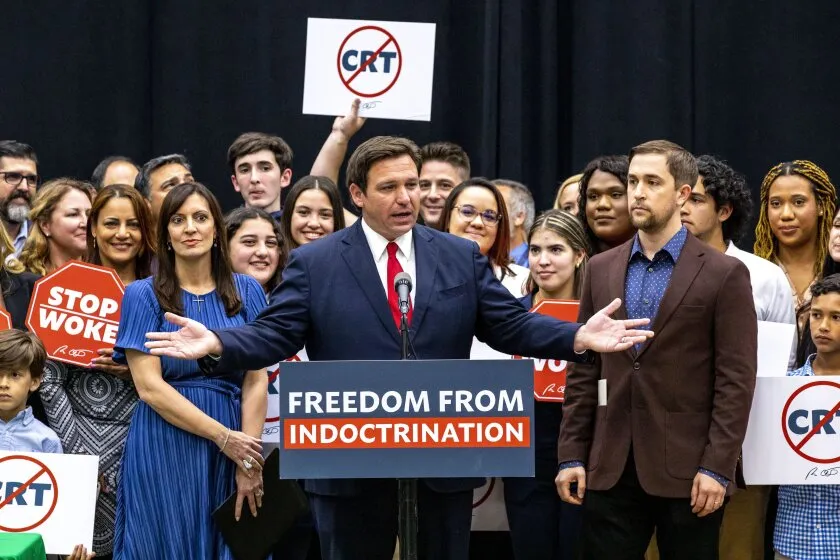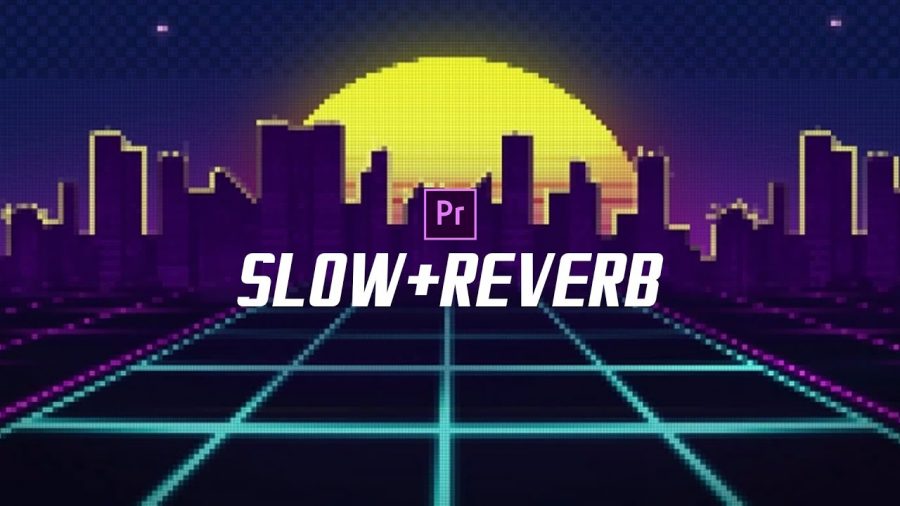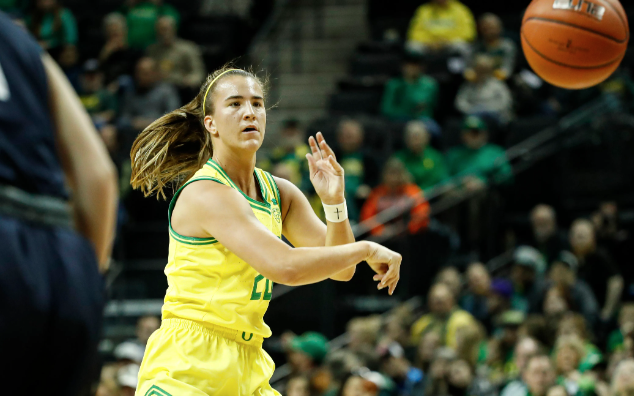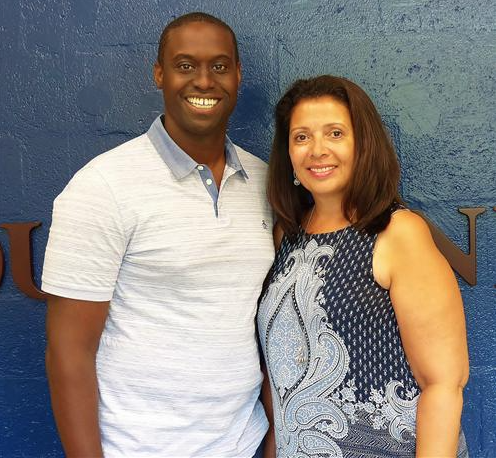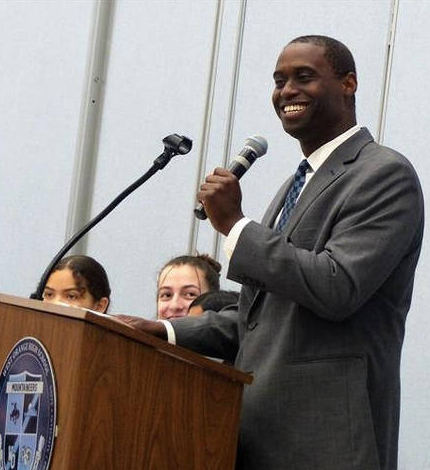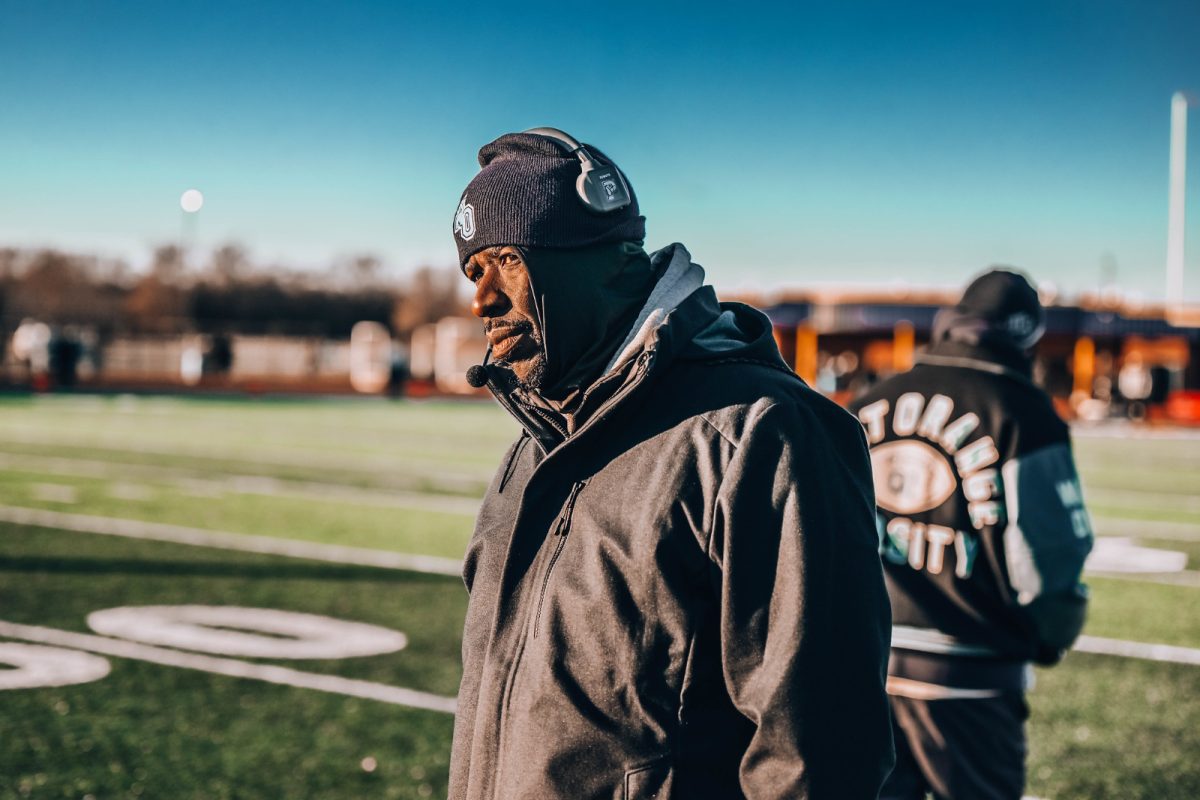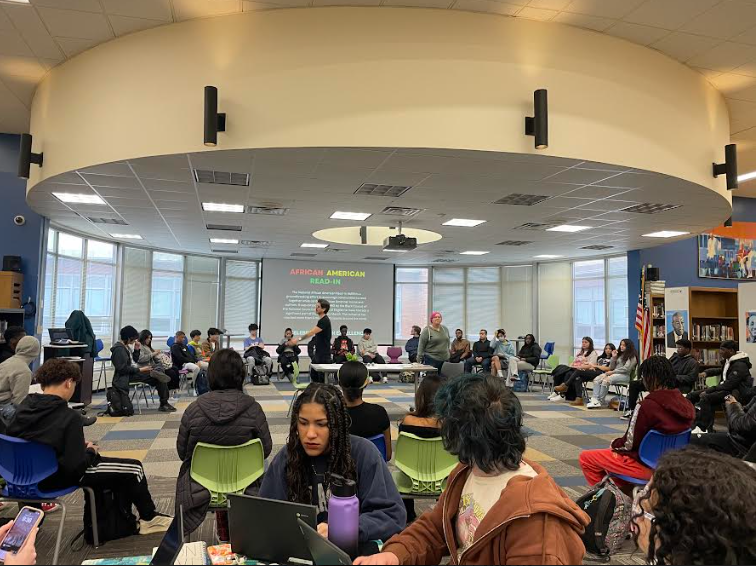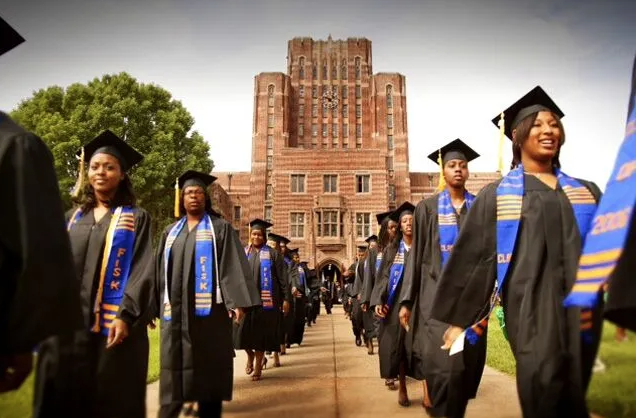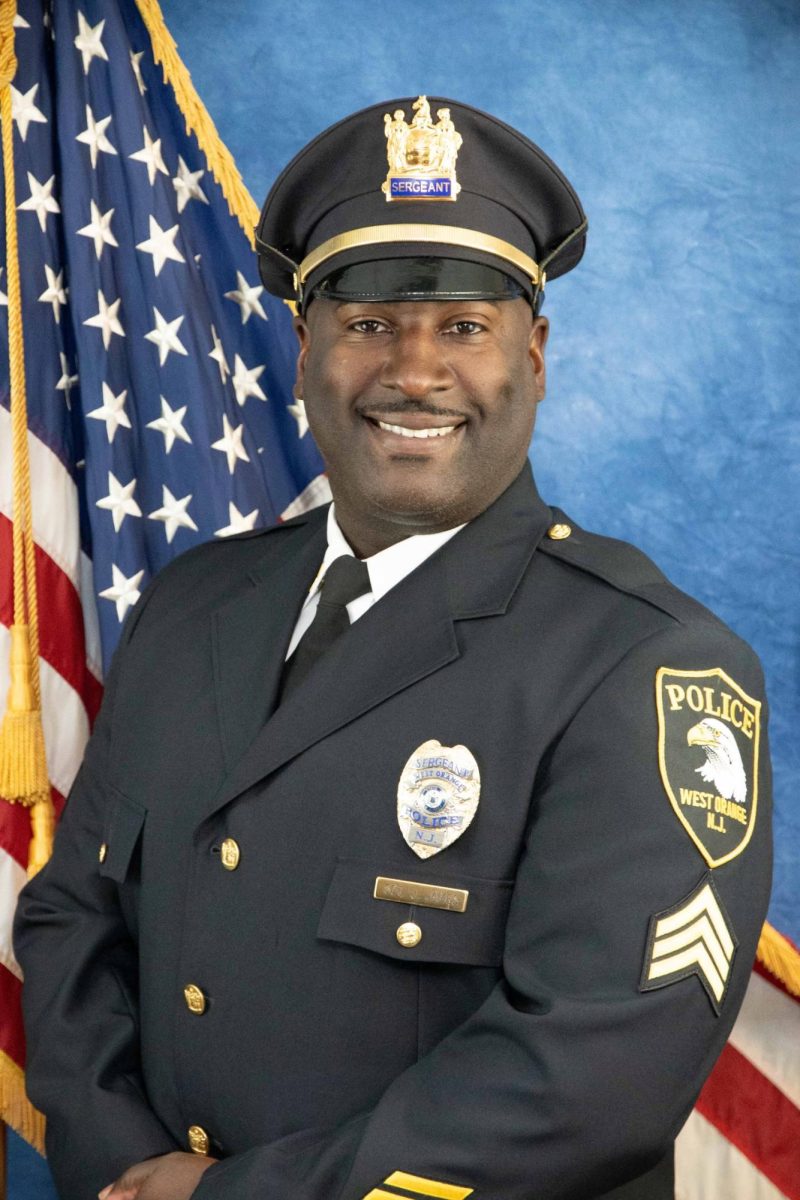Historically Black Colleges and Universities, or HBCUs, are just as the name suggests. These educational institutions are concentrated mainly in Southern states and serve a predominantly black student body. Yet, they also educate thousands of other students from many different backgrounds.
The first HBCU was established in 1837, just a year after the abolition of slavery, by Quaker philanthropist Richard Humphreys. He founded Cheyney University in Pennsylvania to teach black students useful skills for employment.
Cheyney University and the 107 other HBCUs still around today reflect the disparities that the black community faced both in education and as members of society.
After the failure of Reconstruction, a period meant to integrate newly freed slaves into American social, political, and labor systems, HBCUs were ready to protect black youth from being further marginalized. They did so by providing students with educational opportunities that would help them receive higher-paying jobs and, consequently, a better way of life.
During the fight against Jim Crow segregation, HBCUs produced many of the leaders who would establish the Civil Rights Movement. Some of these figures include Martin Luther King Jr. and Thurgood Marshall.
As for their advancement in education, HBCUs have provided some black students with their only opportunity for a college degree due to their low tuition. By making higher education more easily accessible, these colleges and universities have helped African Americans recover from the perpetuating cycle of poverty.
According to the UNCF, attending an HBCU costs 27% less than attending a Predominantly White Institution (PWI). This decrease helps reduce the unequal wage gap and pushes African Americans further into economic stability.
Also called the Black Ivy League, HBCUs offer a diverse community with exceptional student support. Classes emphasize black culture and history, and many institutions have their own historically black fraternities and sororities. Some HBCUs have fewer than 300 students or more than 11,000.
Some of the most popular HBCUs are Howard University, Spelman College, Morehouse College, and Tuskegee University. Additionally, the most popular degrees are in the field of STEM: science, technology, engineering, and math.
I sat down for an interview with Ms. Heather Yates, an in-class support teacher working in the Special Education Department at WOHS. She attended North Carolina Agricultural and Technical State University, an HBCU located in Greensboro, North Carolina. There, she received a master’s degree in Forensic Psychology.
While recalling her years as a student at WOHS, Ms. Yates revealed that much of what she learned about black history and culture was dependent on her mother, who was a history teacher. She explained that her mother hoped to help her understand who and what she came from.
This was especially enriching for Ms. Yates, who entered high school at a time when the student body and curriculum were not as diverse as they are today. This fact partially plays a role in her interest in attending North Carolina A&T.
It is apparent that Ms. Yates has a strong work ethic and is highly motivated. This trait helped her work hard in school to maintain good grades and show her potential in college as an African American student.
At North Carolina A&T, she described that it was welcoming to be in the majority at an institution and see people who looked similar to her. In addition, Ms. Yates believes that attending an HBCU expanded the education that WOHS helped prepare her for.
Ms. Yates described her experience in such a captivating way that she expressed what an opportunity such as attending an HBCU could bring. She expressed that she received a quality education and had caring teachers who treated her with mutual respect and gave her a greater sense of responsibility. Although her courses were challenging at times, she believes they prepared her for graduate school in the best way possible.
Some advice she would give to those who are considering studying at an HBCU is to “search within yourself and your soul” by committing to what will help you improve both your education and who you are as a person. Ms. Yates emphasized the importance of researching different programs that will help you explore your major and making it a point to expose yourself to what you want to learn. In other words, find what inspires you and take the initiative.
The experience of millions of students who attend Historically Black Colleges and Universities are unlike any other. The advantages of these educational institutions have benefited the black community for centuries and are continuing to fuel prosperity for the future.

